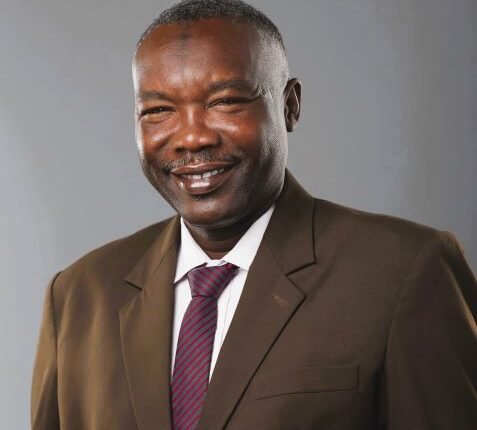Africa Image Problem Is not the West Fault Alone

By: Dr. Saifeldin Daoud Abdelrhman
Two decades ago, The Economist slapped Africa with the label “The Hopeless Continent.” A decade later, the same magazine performed a narrative somersault with “Africa Rising.” Today, neither headline fits—and that’s precisely the problem. Africa remains trapped between two lazy extremes: the disaster zone and the economic miracle. Both distort reality. Both undermine policy. And, crucially, both are partly Africa’s own making.
The African Union (AU), now two decades old, loves big slogans: Agenda 2063, Silencing the Guns, African Renaissance. These sound visionary, but when they outpace delivery, they breed cynicism. It is hard to talk about “continental renaissance” when eight coups have shaken West and Central Africa in just four years, when the AU’s most decisive act in Sudan or Niger was issuing statements nobody read, and when its rapid response mechanisms move at the speed of continental drift.
Let’s be clear: the AU does not fully control how CNN, BBC, or The Economist frame Africa. But it controls something far more powerful—how Africa frames itself. And here is where the AU has failed spectacularly. It has outsourced the continent’s story to Western media and NGO reports, swinging between victimhood and euphoric exceptionalism. The result? A narrative vacuum filled by stereotypes.
If Africa wants to break free from this binary trap, the AU needs to do three things: own the narrative, deliver substance, and amplify agency.
First, own the narrative. The AU must institutionalize strategic communications, not as PR spin but as policy. Where is the annual State of Africa Report written for global investors, media, and African citizens—not donors? Where is the AU-driven global campaign to showcase Africa’s innovators, not its endless crises? The continent is leading in mobile money adoption, setting climate adaptation benchmarks, and building the world’s largest free trade area (AfCFTA). Yet Google “Africa news” and you’ll think the continent is a perpetual war documentary. That’s not bias alone—that’s absence of African counter-narratives.
Second, deliver substance. Narrative follows performance. When the AU trumpets Agenda 2063 but cannot implement 2023 goals, it looks like a talking shop. Instead of chasing 50 aspirations, pick five flagship projects—say, continental digital ID, AfCFTA trade corridors, or agricultural transformation hubs—and deliver them fast, visibly, and measurably. People don’t remember communiqués; they remember passports, roads, and jobs.
Third, amplify agency. Stop framing Africa’s future around aid, debt relief, or charity. Position Africa as a solution provider, not a problem set. On climate, Africa should be selling itself as the world’s green powerhouse, not the biggest victim.
Shortlink: https://sudanhorizon.com/?p=7390

